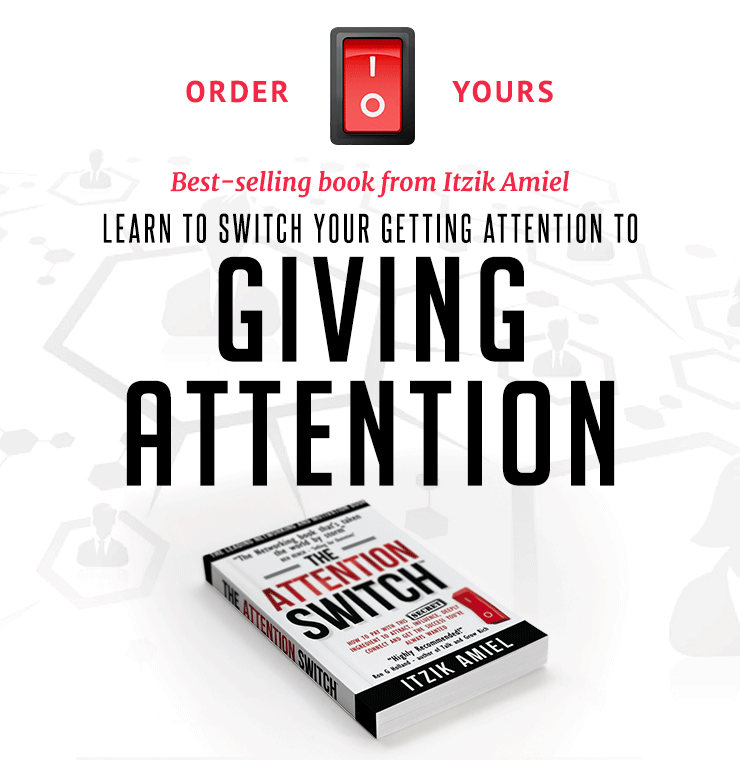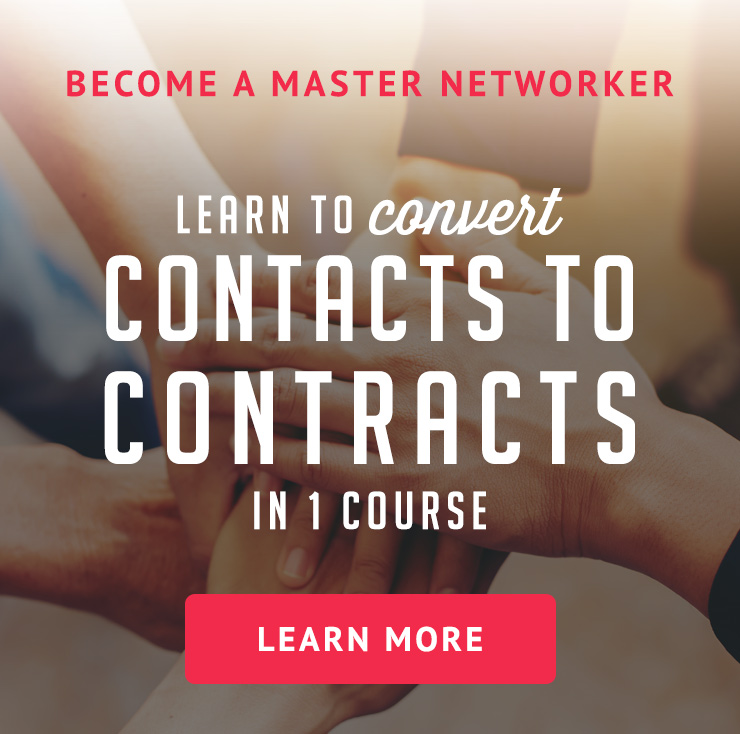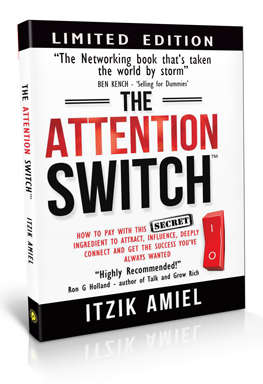How do you handle a situation in which an interested contact does not respond to your email?
They fit into your niche market perfectly, and you are very interested building relationships with them. But for some reason, everything you do or say seems to push them away.
Do you simply give up on them when they don’t respond to you after a certain period of time, or do you have another plan of action?
The fact is that some people just don’t want to be pursued!
No amount of kindness and giving on your end will make them want to connect with you.
But here’s the good news: I have a magical solution to you. It is an old social psychological technique that will help you get them back to you.
Did you ever heard about “Benjamin Franklin Effect”?
In 1737, Benjamin Franklin was up for the position of Clerk in the Philadelphia General Assembly.
He had held this post already and was a shoe-in for re-nomination.
That was until a new member of the assembly showed up. This new guy (Franklin doesn’t name him in his autobiography) stood up before the assembly, lambasting Franklin for the way he had previously run the post, and arguing for a different candidate.
Luckily for Franklin, no-one listened and Franklin got to keep his post.
What would most people do in this position? Ignore the other person? Lord it over them every time they see them?
Well, not Franklin, he chose completely the opposite:
He asked the guy for a favor.
It may seem like a crazy idea to ask an enemy for help, especially when you have just beat them, but Franklin was into crazy ideas.
Franklin writes in his autobiography:
“Having heard that he had in his library a certain very scarce and curious book, I wrote a note to him, expressing my desire of perusing that book, and requesting he would do me the favour of lending it to me for a few days.
“He sent it immediately, and I return’d it in about a week with another note, expressing strongly my sense of the favour.
“When we next met in the House, he spoke to me (which he had never done before), and with great civility; and he ever after manifested a readiness to serve me on all occasions, so that we became great friends, and our friendship continued to his death.”
Franklin had turned this man, once an opponent, into a great friend, not by doing him a favor, but by asking for one.
After his little anecdote, Benjamin Franklin wrote:
“He that has once done you a kindness will be more ready to do you another than he whom you yourself have obliged.”
The Benjamin Franklin Effect can help you to build and strengthen your relationships with unresponsive prospects because it actually endears you to them.
You see, after the assembly member loaned Franklin the book, he had to justify his kind action in his own mind.
Would he have done such a favor for a man he doesn’t like?
No, that wouldn’t make sense!
The only reason he would have loaned that book is if he respected Franklin. Therefore, he must have had great regard for the politician all along!
From this story, it is true to assume that if you ask for a favor, and if you receive the favour, you also will receive a lifetime loyal friend and supporter.
What Franklin had noticed is that we only do favors for people we like, ergo, if we are doing a favor for someone it must be because we like them.
By asking someone to do you a favor, you make them confront their true feelings about you. Only if they really hate your guts will the say no, otherwise they will help you out and end up feeling better about you as well.
In 1969 this counterintuitive idea has been backed up by research.
Jon Jecker and David Landy two US researchers tested how people felt after doing someone a favor.
Students took part in a contest where they won some money. After the contest was done, they split subjects of the research into three different groups.
They asked the people in each group different things:
1. In the first group, the students were approached by the researcher and asked if he could have the money back;
2. In the second group, the students were approached by another member of the department and asked for the money back;
3. The third group of students got to keep their winnings.
Then, the researchers gave participants a quick questionnaire to fill out. The most important part of this questionnaire was the part where they were asked to score how much they liked the researcher (who gave them the money).
Surprisingly, the group who got to keep the money gave the researcher the lowest likability score.The guy gives them free money, and they still don’t like him!
Conversely, the group that was asked to give the money back to the researcher (most of them did), gave the researcher the highest likability score.
Exactly the opposite from common sense, right?
The students rated the researcher higher after they had performed a favor for him.
How does this relate to building business relationships?
Well, most of us shy away from asking people to help us out, by referring business to us, sharing our knowledge with others, introducing us to potential parties etc.
We think people will view us negatively because we are asking them for a favor.
Actually, the opposite is true!
Isn’t it awesome?
I want you to remember that by asking for the favor you are building the idea in your contacts heads that you are worth that favor, and therefore liked.
Bear in mind that the opposite is also true – the less you do for someone the more you end up disliking them.
The Myths About Asking For Favors
Be honest: are you good at asking for favours from others?
I was not.
Although I am gladly helping my connections when they ask for a favor, I did not feel comfortable myself asking for a favour from my connections.
Even a small favour.
I felt like I am using them or take advantage of them. How can I be a real giver if I ask for favours? It seems like I am giving with an expectation to get something in return (the favour to be fulfilled?).
Don’t we owe to ourselves only to use our Relation Capital for something really important?
I assume many of you, feel the same like I did.
That is why we tend not to ask for favours. Many of us never ask for help, even when we really need it.
What we do not understand is that by not asking for favour, you do not build our relationships.
When we do ask for a favor, why many of us doing it indirectly?
We hope that the other person will understand that we are in need and take an initiative to help us. Really?
You need to change this behavior if you want to build more relationships and grow your business.
I want you to learn to use this principle more in your encounter with other people and in building solid business contacts.
Here are 3 rules you should follow to make this principle work for you on a regular basis:
1. Ask for a favor in the area of interest
Let’s assume you have a contact that isn’t responding to your connecting attempts, think of a way you can ask him for a favor.
You can try by finding this person’s area of interest or what he is knowledgeable about. Then you can ask for his expert advice or a favor of some sort in that area.
Do not forget – to follow up the favour with sincere appreciation and a Thank You Note.
A response from the other person and agreeing to do you the favour will get you a step closer to developing real relationships with him.
2. Learn also to Receive!
Asking for a favour is also learning to receive.
In my last post, I have discussed the significance of learning to receive in order to give (attention as well) and build authentic relationships.
Sometimes, you need to learn to make the bold decision within your business relationships and ask for help, ask for favor.
Thus, you will put the other person in a position to give and contribute his expertise, while starting to build genuine relationships.
3. Get His Opinion
The Benjamin Franklin effect also works when you don’t know very much about the other person.
If you ask the other person for her opinion, her needs, her preference and explain how highly you value her opinion, it will also connect you more closely with the other person.
Whom should you ask for favors?
When we do someone a favor, we end up liking them more – a psychological phenomenon that you can use in your business to turn your contacts and followers into your best friends.
You can certainly ask other influencers to do you a favour by, for example, sharing your content etc.
Moreover, you should not be afraid to ask your contacts and followers to help you to grow your business in different ways.
No, not all of them will, but the ones who do will think of you more favorably each time they do it.
You will see that contacts who were hesitant to do you a small favor, at first, are willing to do huge favors for you after a while.
If you want to build deeper relationships and conquer your fears, you need to start to learn to ask for favors from those around you, whether they be strangers or friends.
The more your contacts give, the more they will gravitate toward you and want to remain loyal to you!
So, can I ask for a favour?
Give the Benjamin Franklin Effect a try! Then tell us in the comments below how it worked for you and how did asking for a favour build strong relationships to grow your business

“Itzik is an International Speaker, Bestselling Author, Business Mentor & Attorney-at-law. The Global Leading Authority on Business Development, Business Networking, Referrals & Relationship Capital & Founder of THE SWITCH® and THE SWITCH HUB®”





